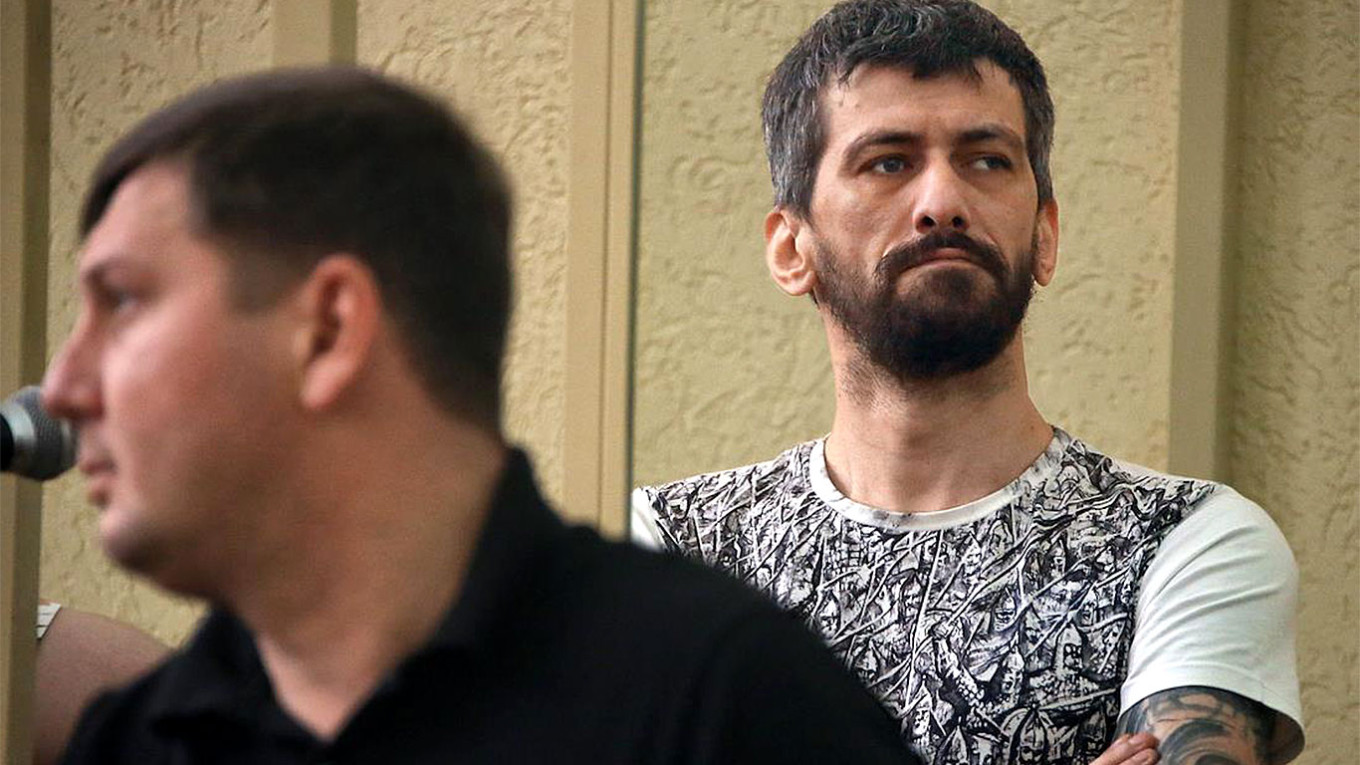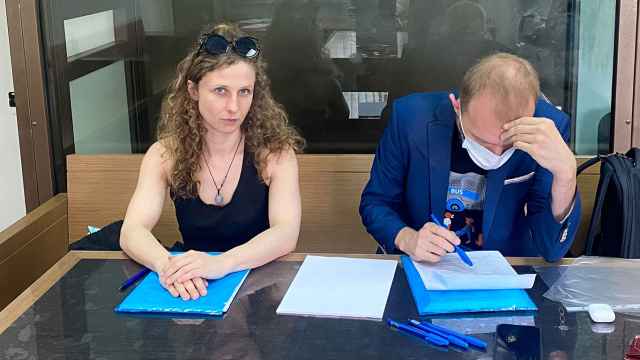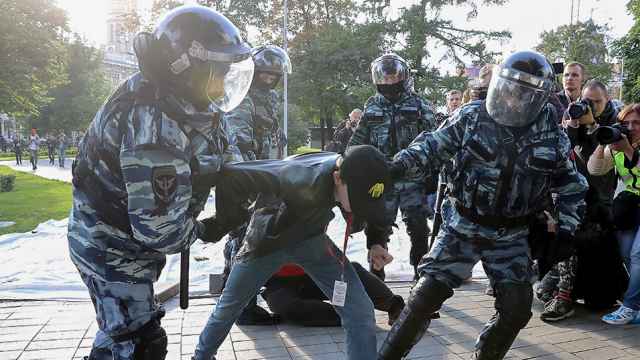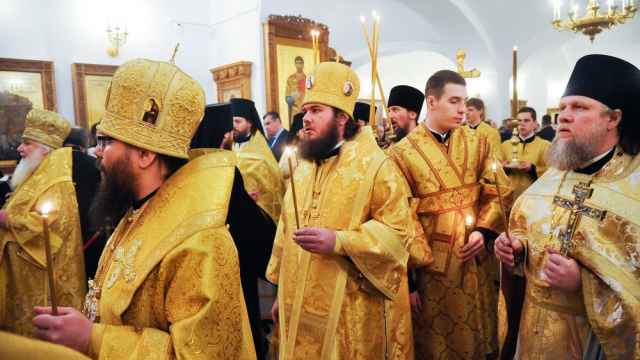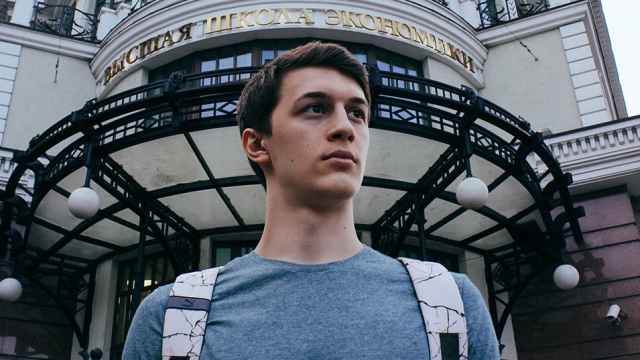A prominent opera singer from Russia’s North Caucasus has been sentenced to 10 years in prison for calling on his home city to protest coronavirus lockdown measures in the early weeks of the pandemic, the state-run TASS news agency reported.
Vadim Cheldiyev in April 2020 posted a video calling on people to attend a planned protest against Covid-19 restrictions in Vladikavkaz, the capital of Russia’s republic of North Ossetia, over concerns that the lockdown would cost many local jobs. The baritone was detained shortly after and initially charged with spreading “fakes” about the pandemic.
A court in the southern Rostov region on Tuesday found Cheldiyev guilty of spreading calls for unauthorized mass protests and sentenced him to 10 years in a maximum-security prison.
About 1,000 people gathered for the April 2020 protest in Vladikavkaz, despite the lockdown measures, to demand local authorities’ resignation and Cheldiyev’s release from custody.
More than 100 protesters were detained amid clashes with police. At least 20 protest participants faced criminal prosecution, according to human rights lawyer Pavel Chikov.
Prosecutors determined Cheldiyev — a recipient of the state-granted title of the Honored Artist of North Ossetia — to be the rally’s organizer alongside local activists Ramis Chirkinov and Arsen Besolov.
Cheldiyev was found guilty of violating several articles of Russia’s Criminal Code, including incitement to "extremist" activity and participation in mass riots. The singer was also convicted for hitting a police officer during his arrest, a charge his lawyer has disputed.
He had pleaded not guilty to the charges.
Activists Besolov and Chirkinov were also sentenced to eight and a half and eight years in a maximum-security prison, respectively.
All three defendants have the ability to appeal their sentences within 10 days.
Cheldiyev returned to Vladikavkaz in 2019, leaving behind a career at St. Petersburg's prestigious Mariinsky Theatre to start a charity to help the poor in his home city while continuing to perform. He has previously spoken out on political issues like police brutality and environmental concerns.
Russia dropped its few remaining Covid-19 restrictions earlier this month.
A Message from The Moscow Times:
Dear readers,
We are facing unprecedented challenges. Russia's Prosecutor General's Office has designated The Moscow Times as an "undesirable" organization, criminalizing our work and putting our staff at risk of prosecution. This follows our earlier unjust labeling as a "foreign agent."
These actions are direct attempts to silence independent journalism in Russia. The authorities claim our work "discredits the decisions of the Russian leadership." We see things differently: we strive to provide accurate, unbiased reporting on Russia.
We, the journalists of The Moscow Times, refuse to be silenced. But to continue our work, we need your help.
Your support, no matter how small, makes a world of difference. If you can, please support us monthly starting from just $2. It's quick to set up, and every contribution makes a significant impact.
By supporting The Moscow Times, you're defending open, independent journalism in the face of repression. Thank you for standing with us.
Remind me later.


